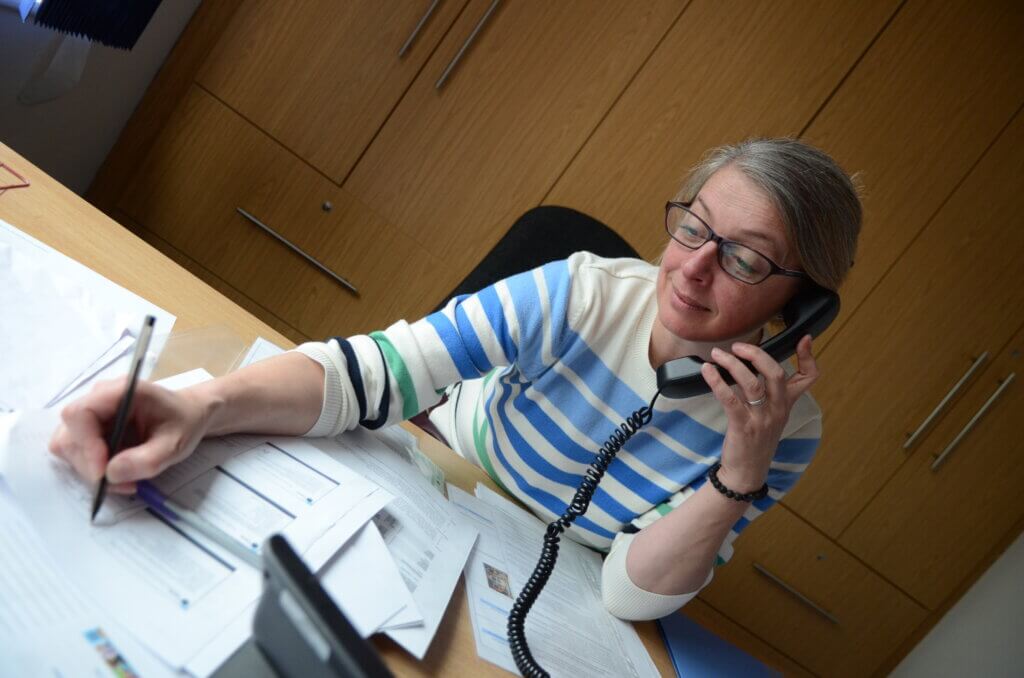Children living near Sure Start centres achieve higher grades at GCSE
A new report from the Institute of Fiscal Studies shows that children who lived near Sure Start centres during their early years went on to achieve higher GCSEs than their peers. Sure Start was an initiative launched by the last Labour government, involving a network of local one-stop shops that provided integrated health, education, childcare and employment support to families to improve the life chances of children under 5. However, following a change of government in 2010, funding has since decreased by over two-thirds and more than 1,340 centres have closed.
The scheme also increased the likelihood of children being recorded as having a special educational need or disability (SEND) at the age of 5. Access to early support significantly decreased the proportion of children recorded as having SEND by the age of 11. This reduced the need for Education, Health and Care Plan (EHCPs) in their teenage years. By its peak in 2010, total spending on Sure Start was around £2.5 billion when adjusting for inflation. The programme’s effectiveness in reducing the cost of SEND support for the government offset around 8% of this cost.
In recent years, the government announced the launch of new Family Hubs in 75 of the most disadvantaged local authorities in England, showcasing a renewed policy interest in integrated family support programmes to improve children’s outcomes. Family Hubs are intended to support families with children of all ages, but do not have as clearly defined a set of services offered. To be successful, researchers suggest that these initiatives should draw on lessons from Sure Start.
Half of students in the state sector leave school with no work experience
High-quality work experience and enrichment activities serve a key advantage for young people when submitting university applications. However, a new report by the Speakers for Schools charity reveals that half of state school students lack access to work experience, putting them at a ‘double disadvantage’ when applying to top universities.
Findings from a survey of university admission officers shows that UCAS personal statements are considered important for vocational or highly-selective courses, primarily to assess the applicants’ interest in a subject. But in around a third of cases, personal statements are also used to assess work experience. Researchers found that young people who have been privately educated are twice as likely to have completed multiple types of work experience while in education compared to those who attended state schools. Further analysis shows that the nature of work experience is also different. Whilst state school candidates are more likely to gain experience through a paid, unskilled part-time job, private school candidates are more likely to have participated in a prestigious placement or internship. This contributes to the disadvantage gap, which means students from affluent areas are six times more likely to receive an offer from a prestigious university than their peers.
To close the gap and improve social mobility, the charity makes a series of policy recommendations. School leaders are called to support career leaders and teachers to secure high-quality, multi-day work placements for pupils. School leaders are also encouraged to embed Gatsby Benchmark 7 in practice to ensure pupils have access to careers information, advice and opportunities, including encounters with university graduates who can share their own experiences. Further, the government is urged to provide adequate funding to schools to support universal access to high-quality work experience for all, estimated around £75 million for both pre- and post-16 placements.
School funding to fall by £1 billion due to falling rolls
Projections suggest that pupil numbers will fall by 818,000 between 2022-23 and 2032-33 following a decline in national birth rates. As school funding is closely linked to pupil numbers, experts warn that this demographic change presents ‘imminent challenges to the education system and the financial health of schools.’
In a new report, the Education Policy Institute (EPI) shows that even if per pupil funding was to be increased by 0.5% each year, overall funding would still fall by £1 billion by 2029-30. For the worst affected areas, this could result in school amalgamation or closure. Analysis suggests that the North East will be hardest hit with a decrease of 9% in primary school funding, closely followed by London and Yorkshire and The Humber.
Researchers urge policymakers to consider how best to redistribute any savings created by falling rolls. The report shows how funding could be reinvested to increase the basic entitlement factor that schools receive for each pupil on roll through the national funding formula (NFF). However, the report suggests there are a number of ways savings could be reinvested, such as increasing pupil premium, free school meal factors, or other deprivation factors.
Notably, the report states that some schools are likely to see a decrease in pupils alongside an increase in the rate of deprivation. Significant falls in funding in these areas are therefore likely to widen the disadvantage gap even further, as schools may struggle to meet the additional needs of disadvantaged pupils.
One Education is committed to raising standards and improving outcomes through continuous learning and professional development. We have a wide variety of training and networking opportunities taking place in the Summer Term.
Explore our website to find out more and don’t forget to book your place.
If you would like to learn more about our services, please get in touch.
Please complete the form below and we will get in contact as soon as we can to help you with your query.












